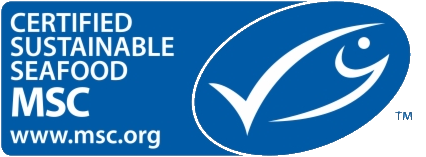
The Maldivian skipjack pole-and-line fishery industry is the most sustainable form of fishery in the world.
Spread over 90,000 square kilometres of the vast Indian Ocean, Maldives is a country with 1% land and 99% ocean. Fishing is a primary economic activity in nearly all inhabited islands and the largest source of employment in local communities. More than 20% of the labour force of the Maldives is employed in the fisheries sector and fish and fisheries products account for more than 98% of the physical exports from the Maldives by quantity and value.
Tuna fishery in the Maldives is the most sustainable in the world. All tuna is caught using handline or pole and line, ensuring maximum sustainable yields with zero bycatch. In 2012 Maldives Pole and Line Skipjack Fishery became the first Indian Ocean tuna fishery to receive certification from the Marine Stewardship Council.
Opportunities for investment
Capitalise on the cleanest greenest fishery in the world
The Maldives has the cleanest and greenest fishery in the world and with the Marine Stewardship Council (MSC) certification Maldivian fish exports carry a special premium. There is space in international markets for Maldivian fish products to take a more influential role in the sustainable retail fish industry. Potential investors can engage with the fisheries industry to purchase, process, and export all forms of tuna products.
Fish Processing & linkages to international markets
The government is keen to create new linkages and expand the international market for fisheries products. About 50 percent of the skipjack catch is at present, exported to Thailand for processing, and most yellowfin tuna exports are currently exported to limited markets.
Investment opportunities are open for the development of fisheries complexes including canneries and cold storage facilities, and yellowfin tuna export processing facilities. Foreign investors are also welcome, to establish trade links for the existing fish processing sector, especially fresh yellowfin tuna and canned tuna which are popular fisheries products in international markets.
Mariculture
The Maldives has massive potential for the development of mariculture, and it is a key priority for diversification of the fisheries industry. Mariculture of some of the threatened high-valued reef resources such as groupers, sea cucumbers, giant clams has successfully been demonstrated globally.
Research & development
Maldives also welcomes research and development investments in the cultivation of coral reef organisms either as separate activities or in conjunction with commercial mariculture operations, aquafarming, or related support facilities.